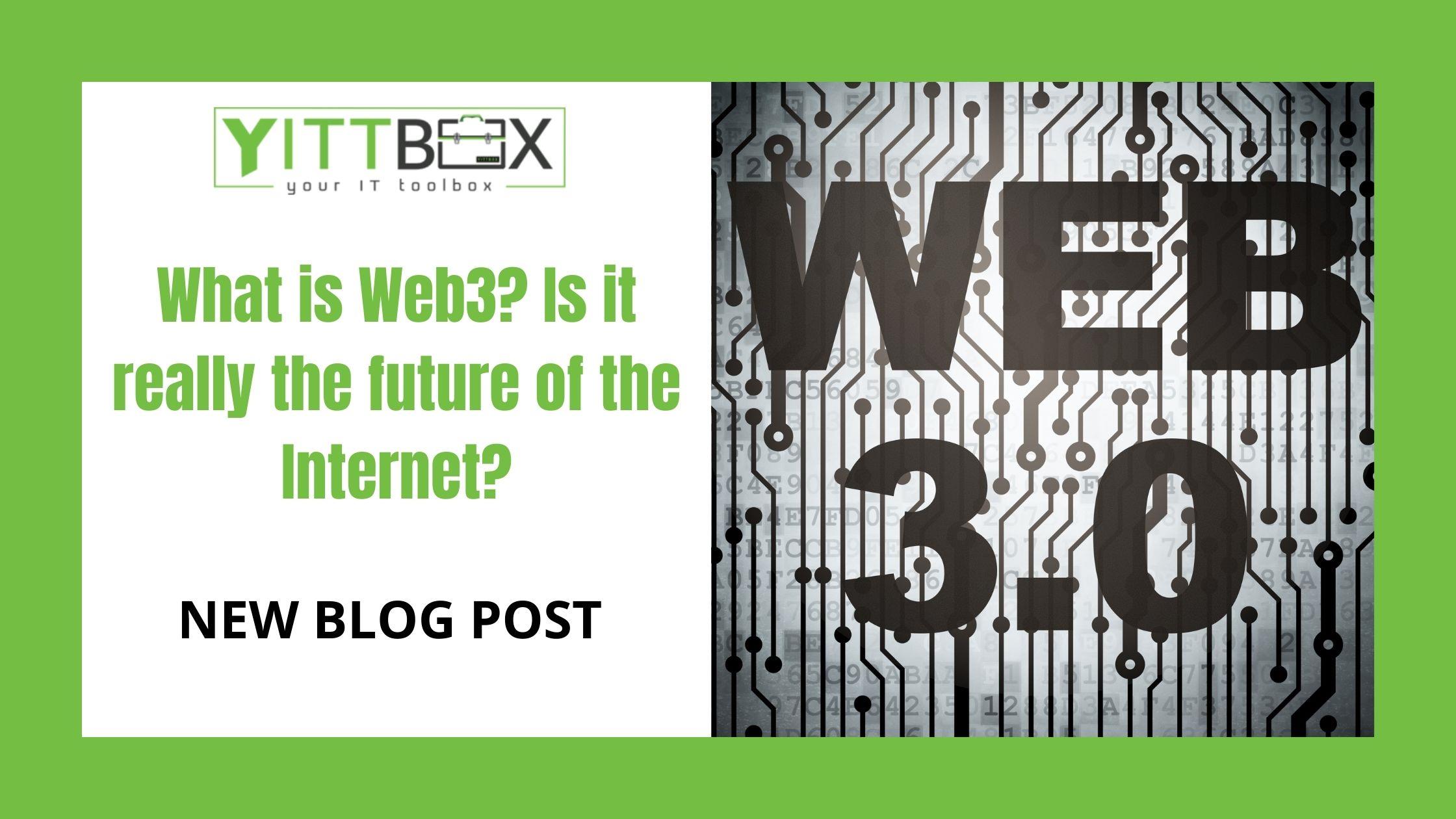The Internet has evolved from being an auxiliary tool for daily living to becoming paradoxically life itself. The world has come to a point where owning a physically non-existent work of art is a lucrative act. NFTs or non-fungible tokens have taken the online world by surprise when these works of art sold for millions of dollars at auctions.
For proponents of Web3, this is a grand welcome.
What is the goal of Web3?
To understand Web3, an understanding of Web 1 and Web 2 is helpful.
What are Web 1 and Web 2?
Web 1 refers to the introductory stages of the internet where its use is limited to downloading information from static websites. Web 2, on the other hand, allowed both downloading and uploading of content. This is the social media era. Slowly, in Web 2, the internet space was dominated by business entities and user action became limited within online platforms.
With Web3, the ownership of the internet is given back to users. This is why it’s called “user-owned internet”. Currently, companies like Meta and Google own the majority of what users see and use on the web. Web3 aims to democratize the web and cut out big players which function as a middle man between the internet and the users like these two.
Facebook alone generates billions of income with the users’ attention as capital. These companies sell users’ attention to advertisers, but what do users get? Proponents of Web3 believe that users should be rewarded for their participation and that they deserve more than what they get from creating viral content on platforms like YouTube.
How will Web3 do this?
To cut out the middleman requires deregulation so here comes another use for blockchain technology. With this, every internet user becomes part-owner of the web. Payment systems wouldn’t need the approval of banks and would be done through cryptocurrency and NFTs. It is also a system built on a tokenized reward system.
Hypothetically, if something like Facebook would exist on Web3, instead of an initial public offering, the makers of the site would have tokens. Now, users who contribute content to the site would receive tokens, too, based on engagement. They can use these tokens in policy-making; they can vote on what rules should be applied on the site and more.
Is this possible?
Web3 proponents are positive that it is underway. In fact, the creation of blockchain technology is already a start. However, critics are raising red flags over some issues attached to the incentivization of online content. What kind of content would be incentivized in Web3? Even with regulation, YouTube is infested with clickbait content because of its monetization program. Critics worry that it would just escalate this kind of problem with a bigger incentive program.
At the rate the evolution of the internet is going, Web3 or not, users should buckle up for some massive change in the online landscape in the years to come.







